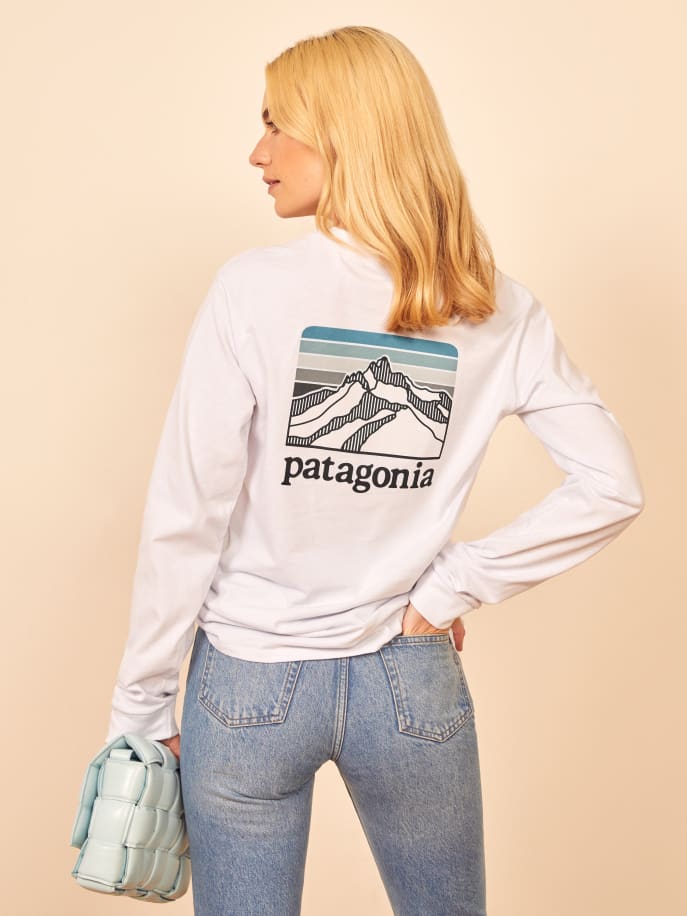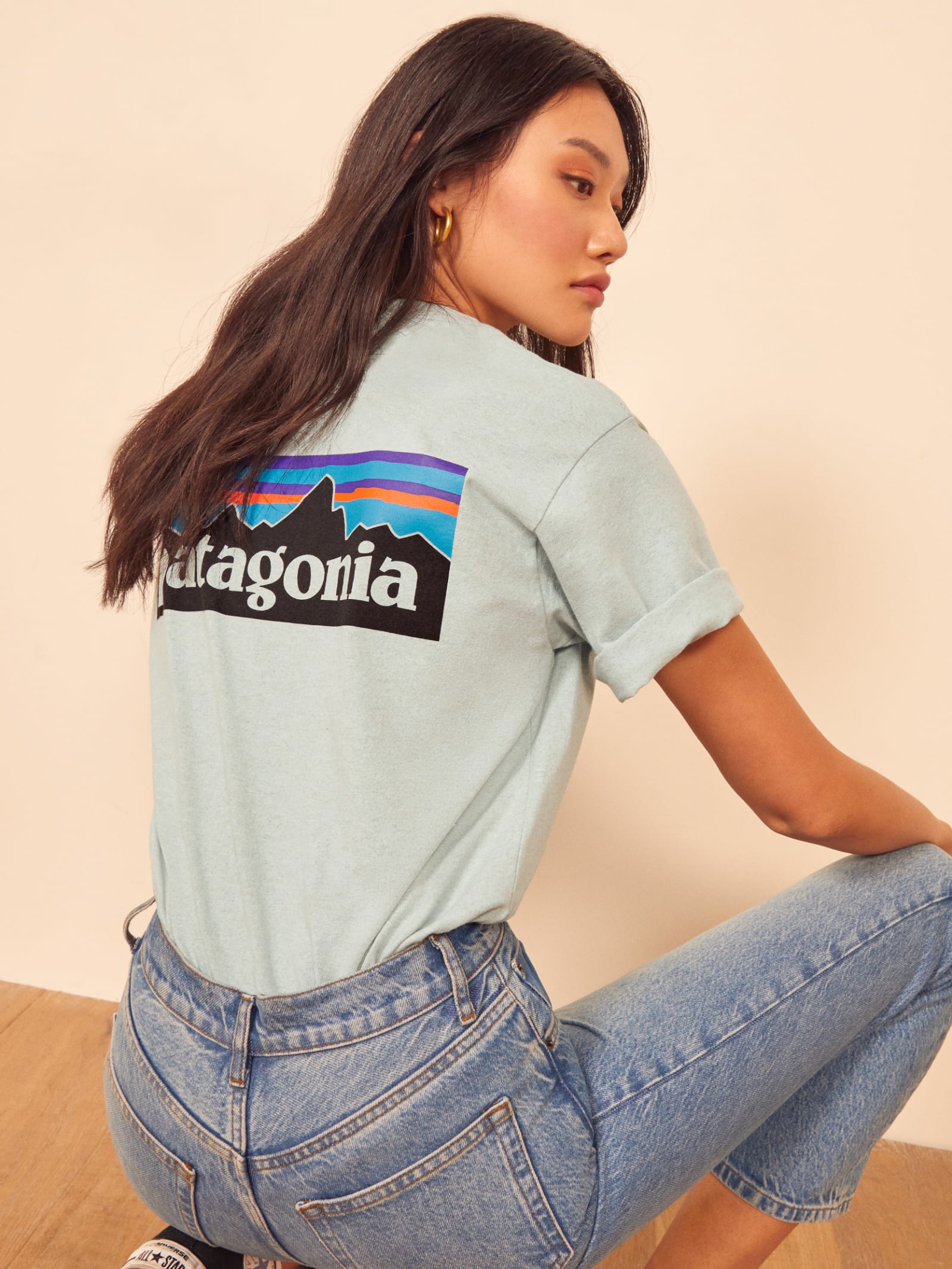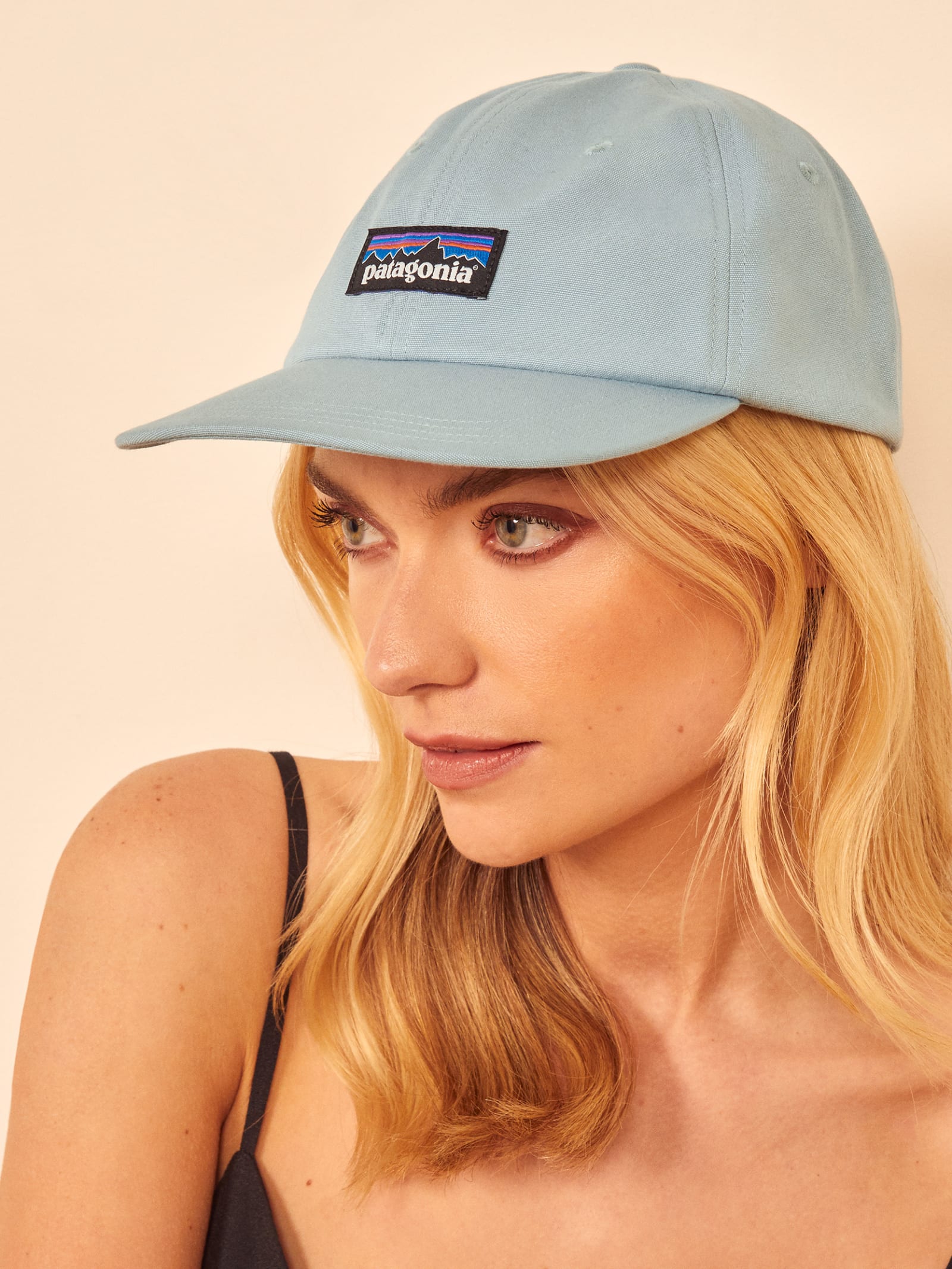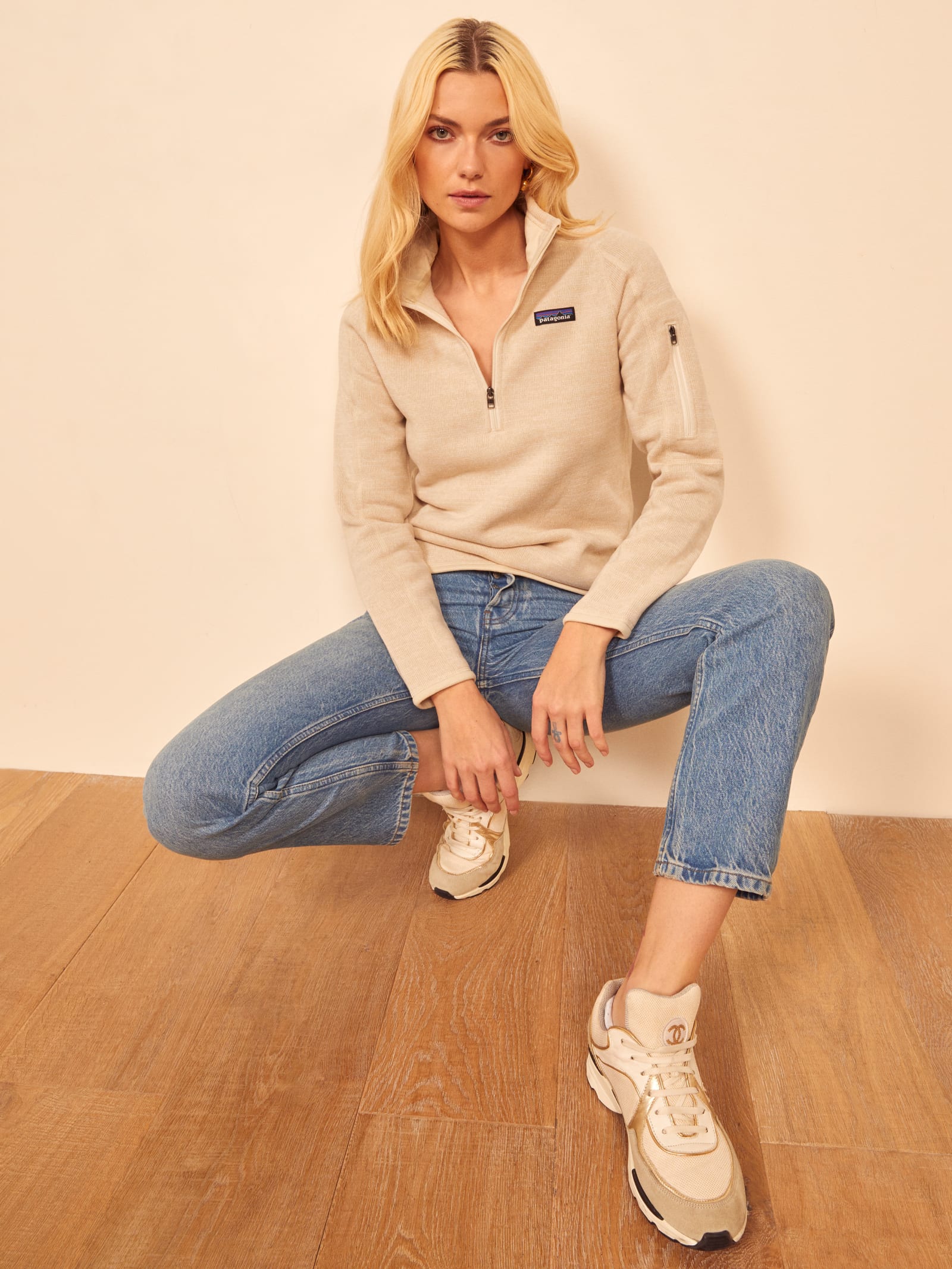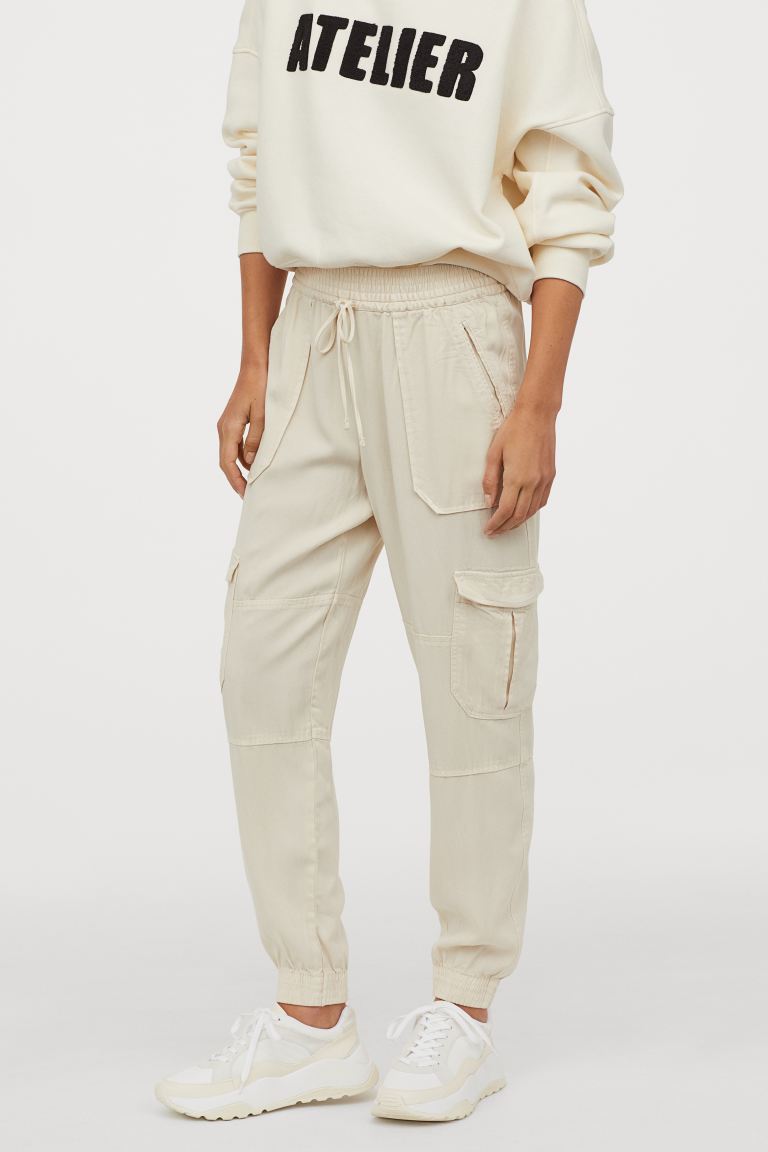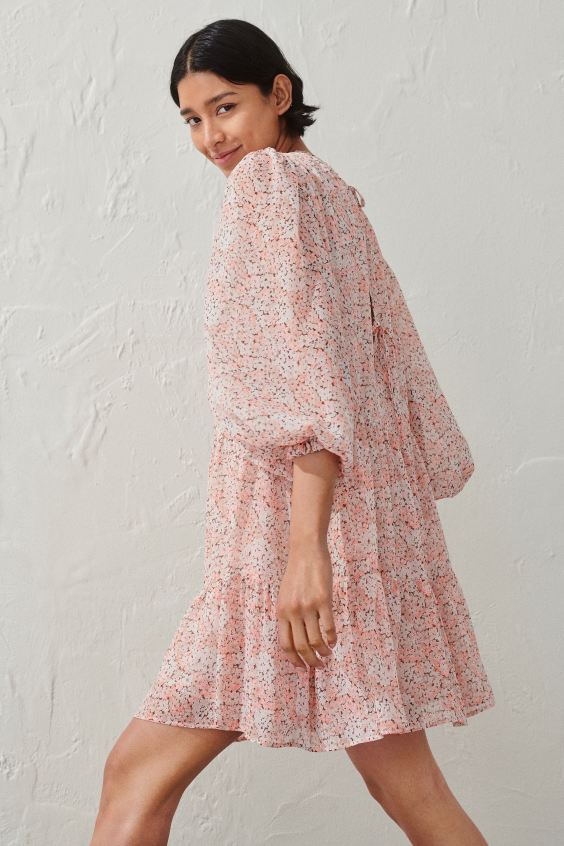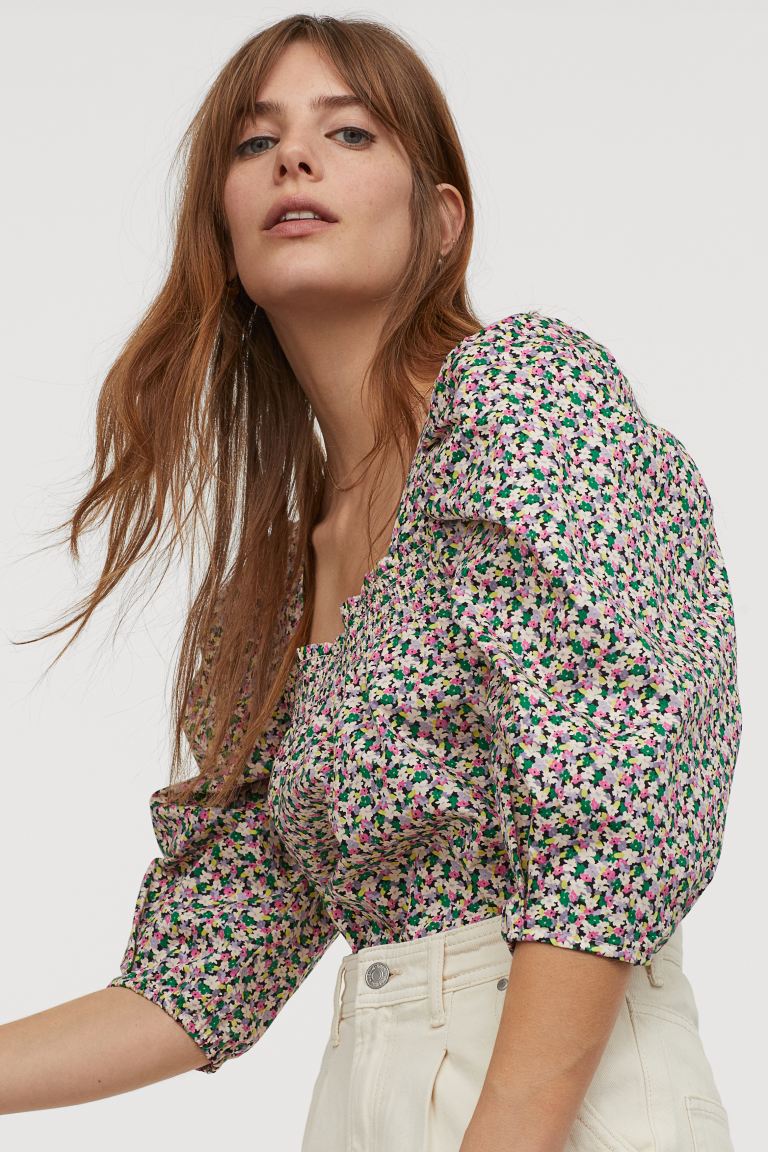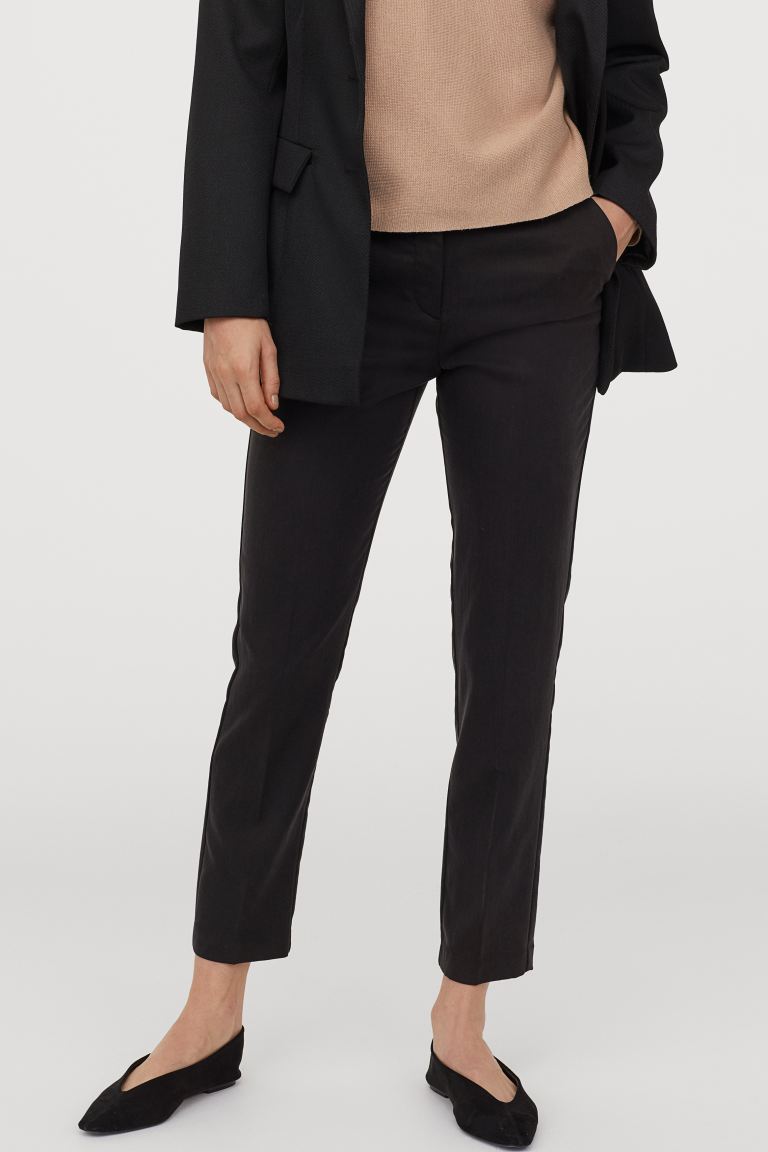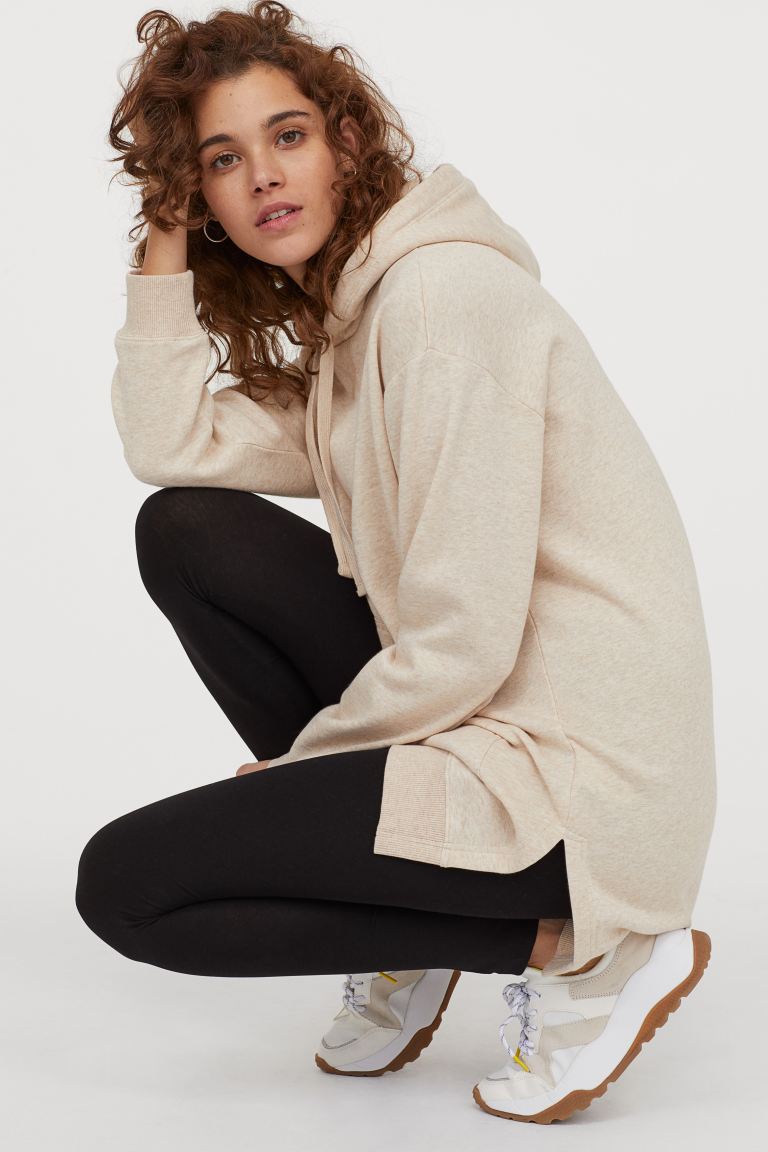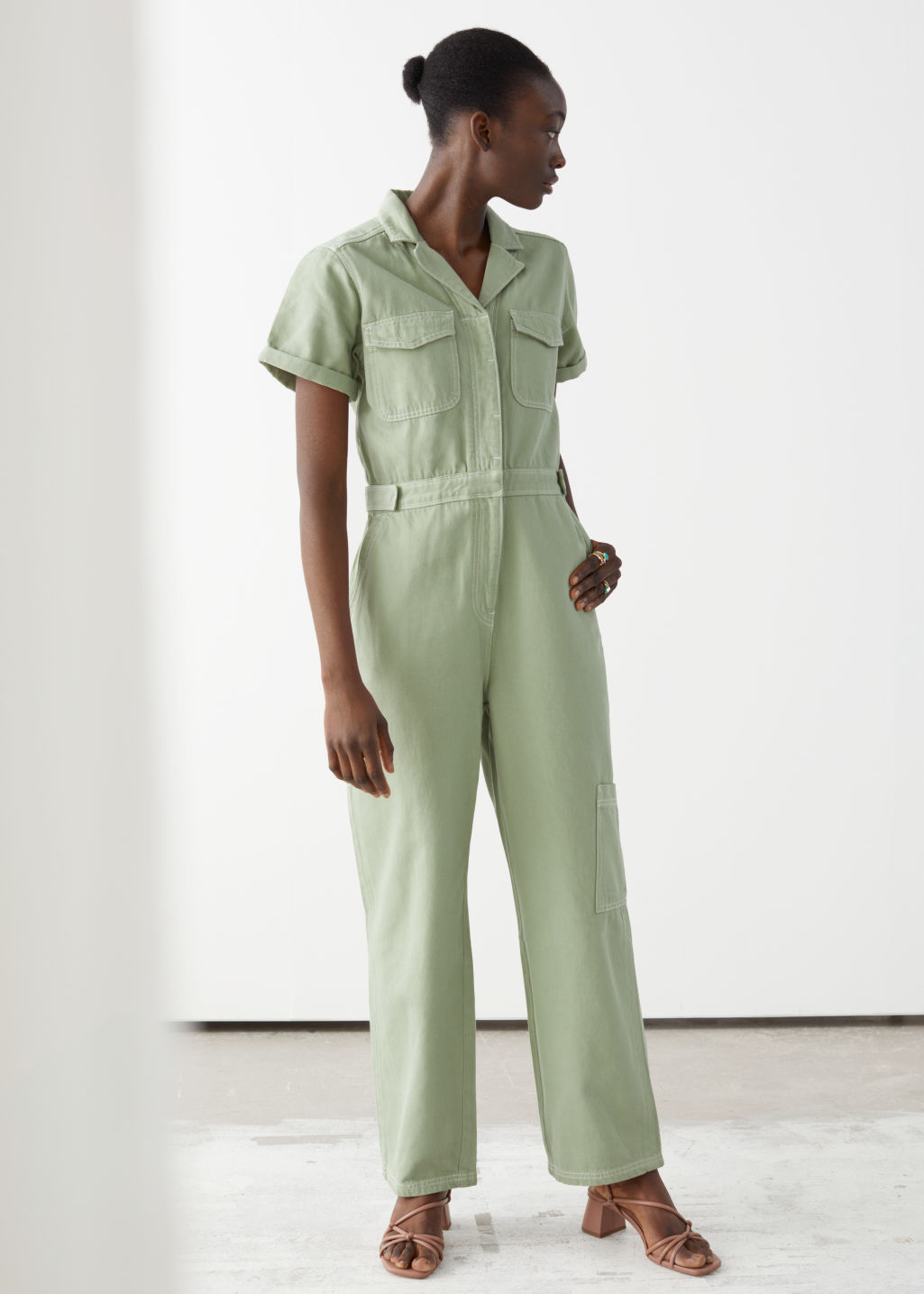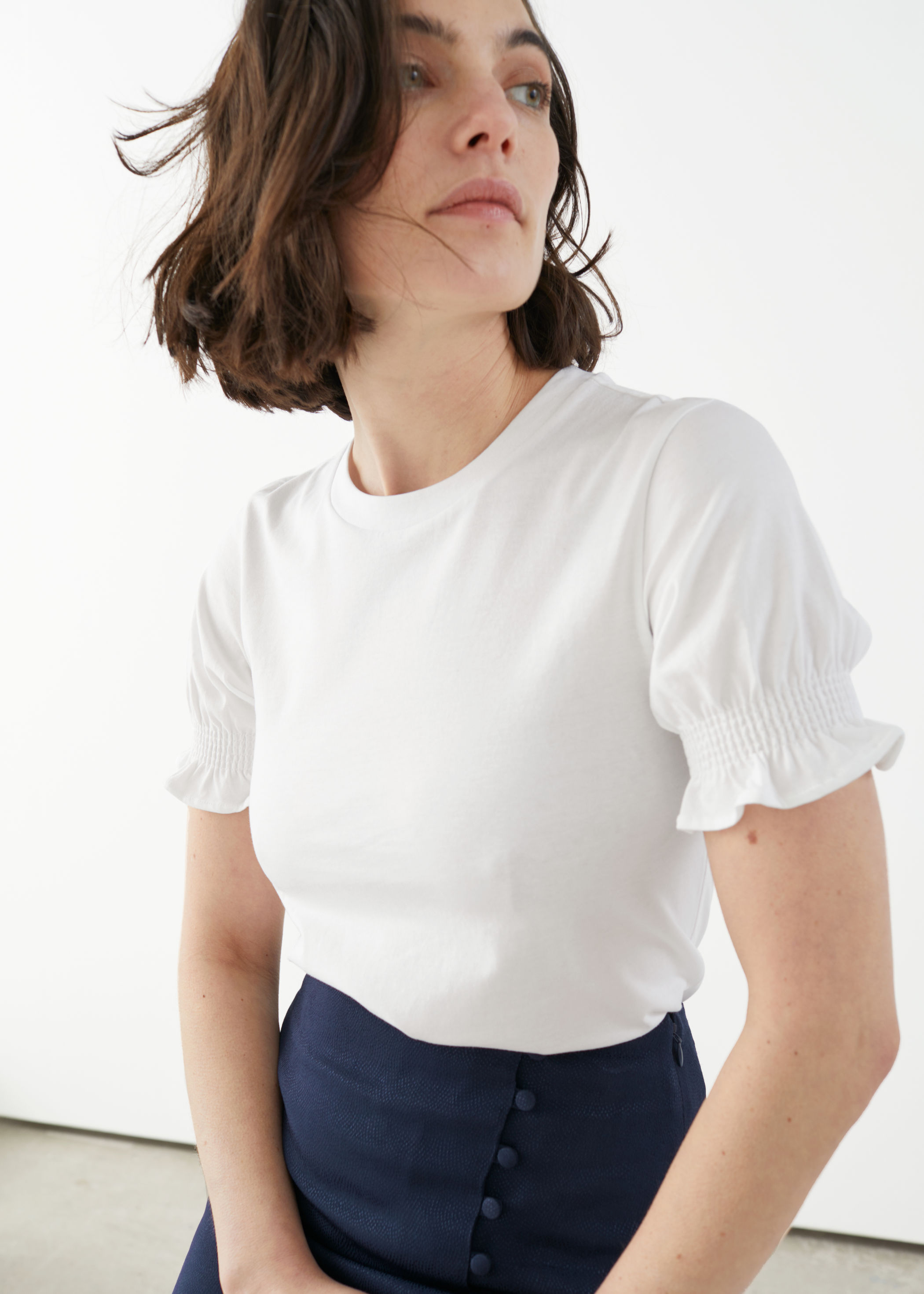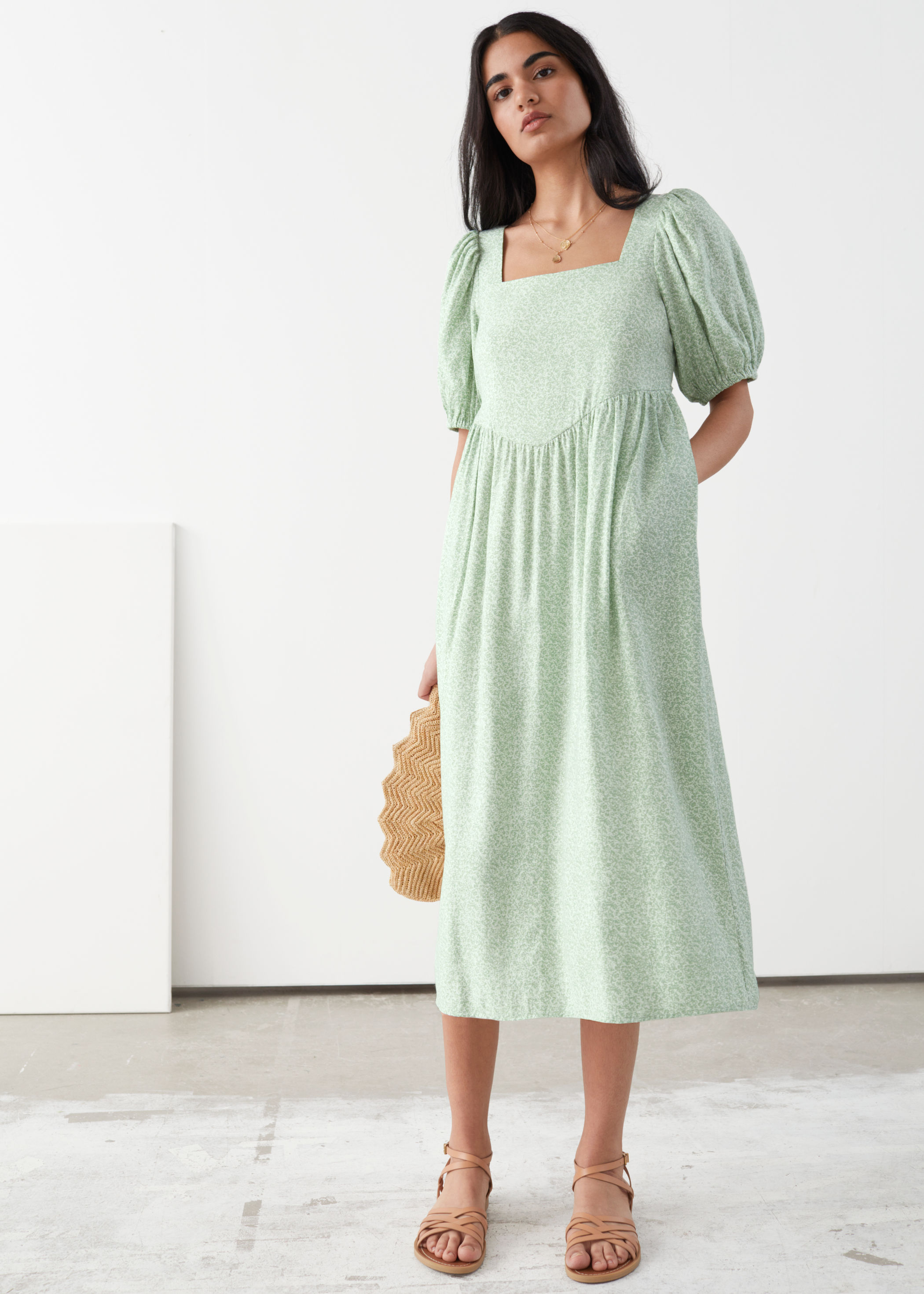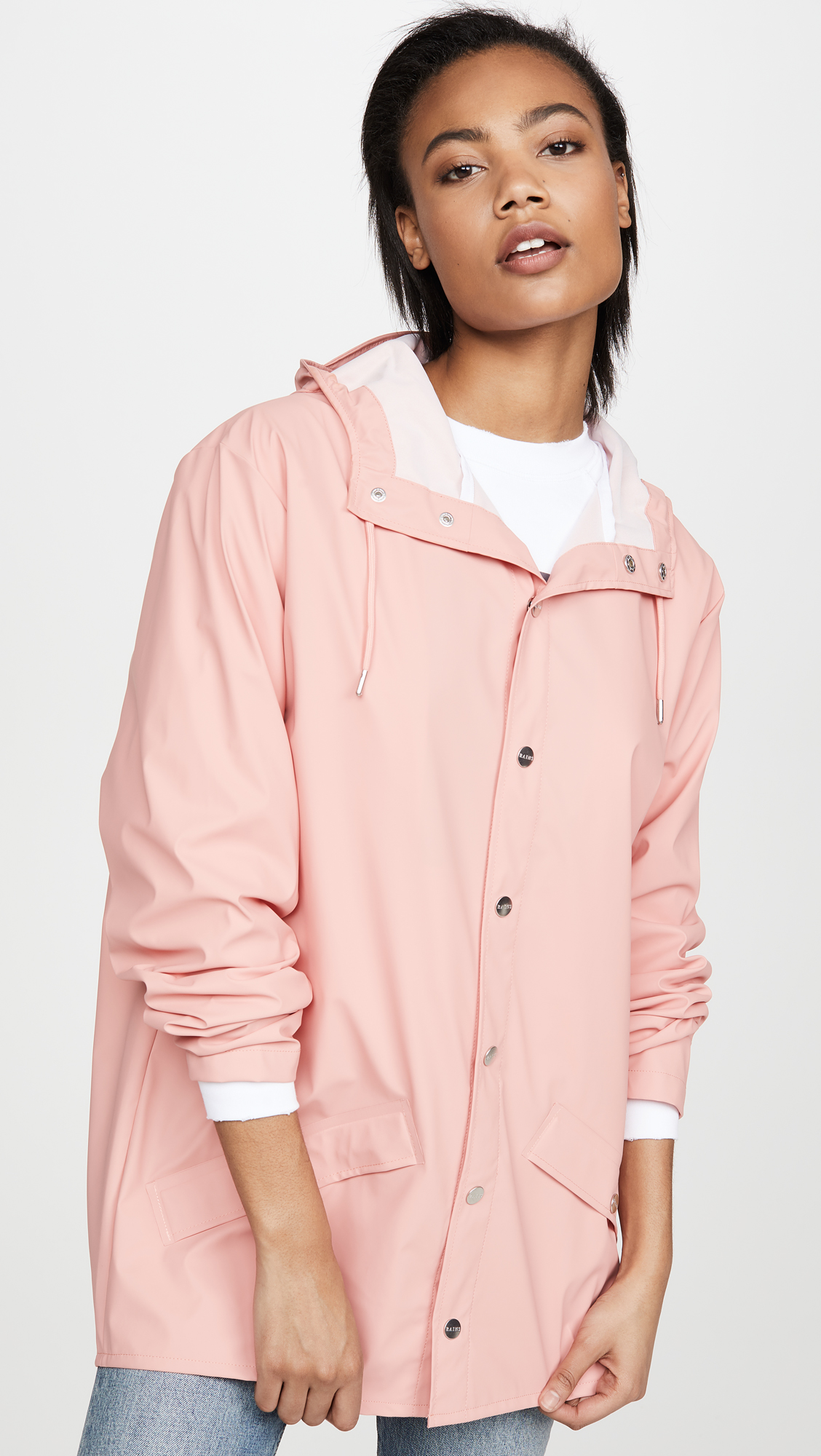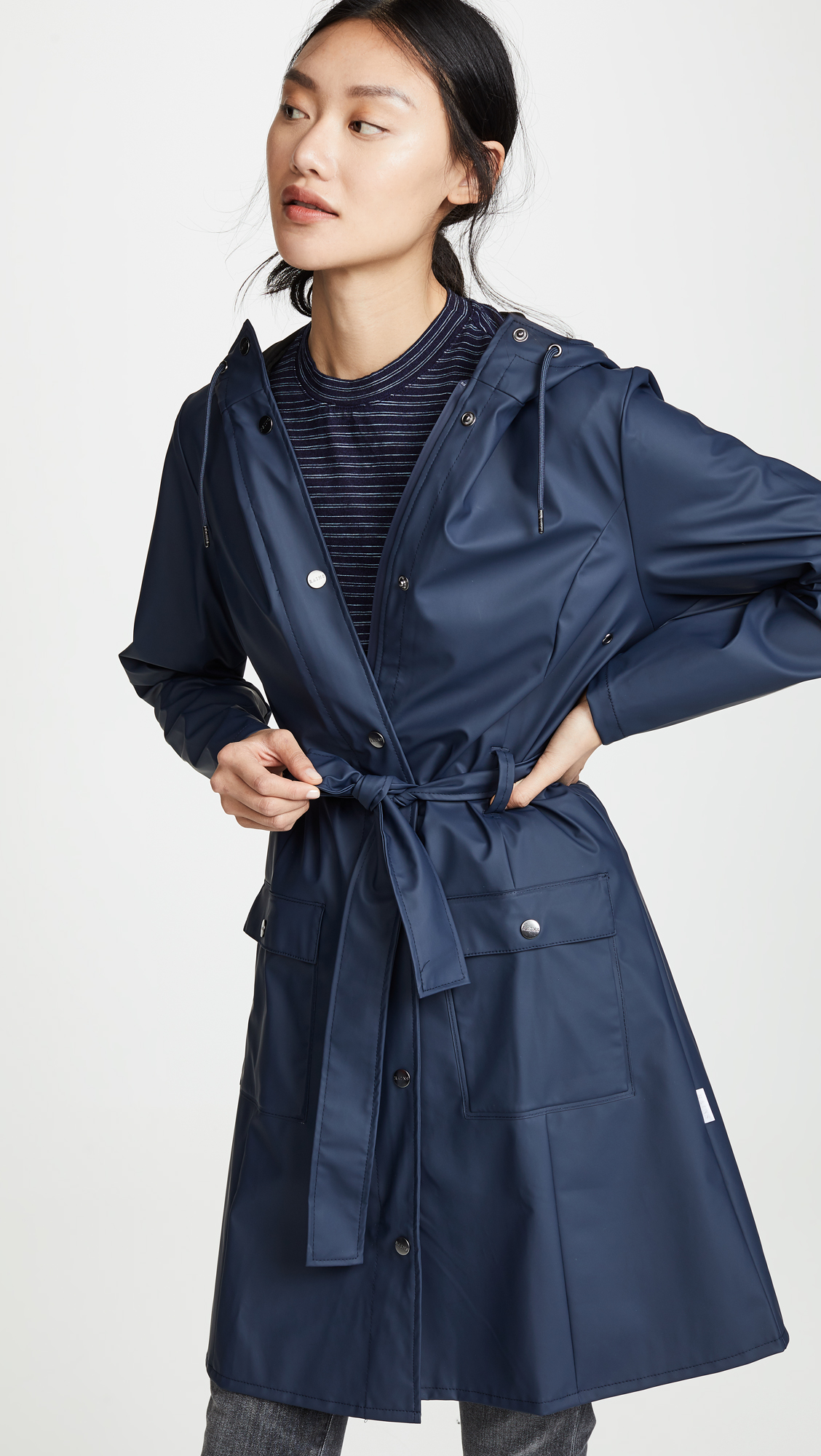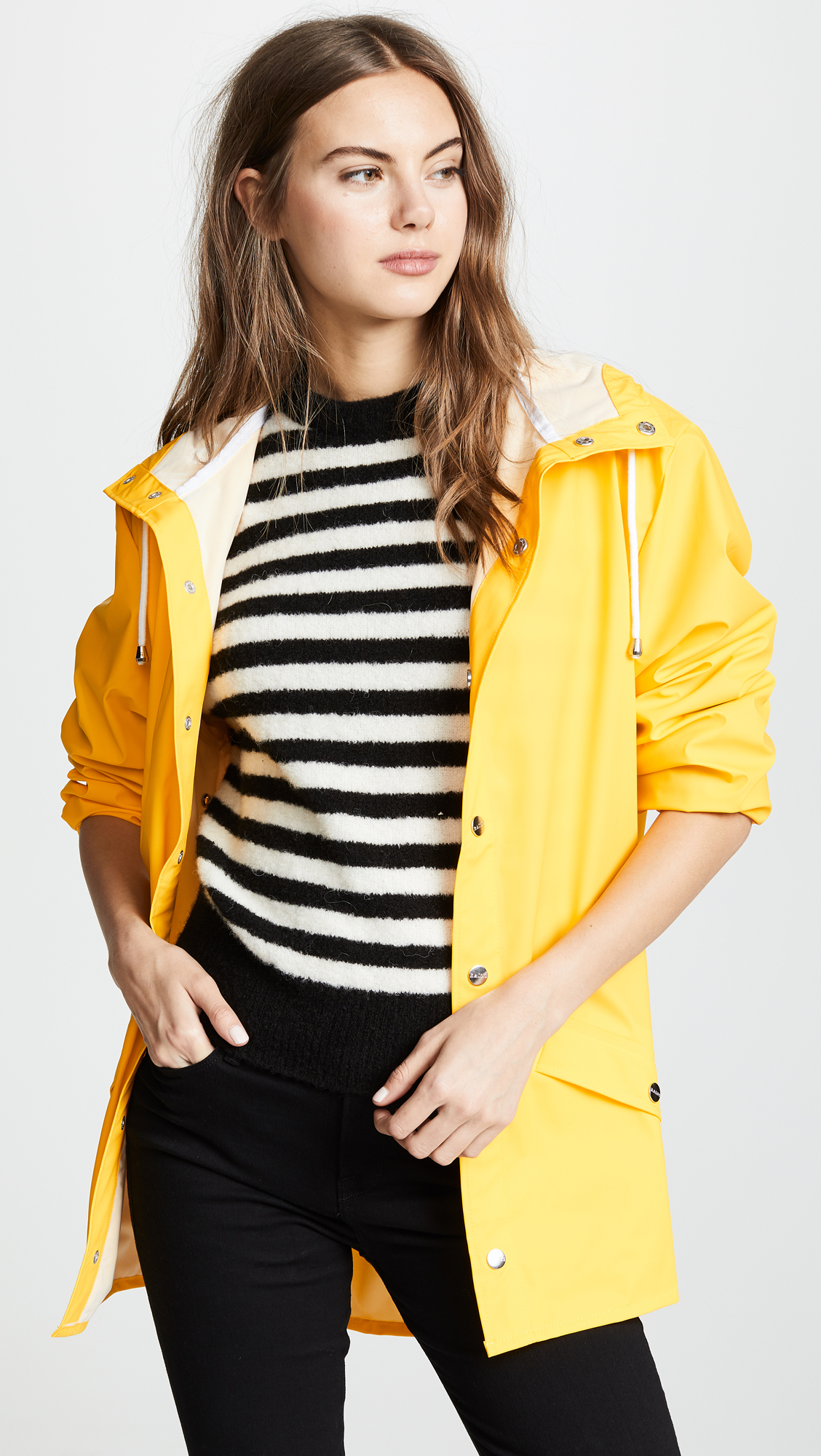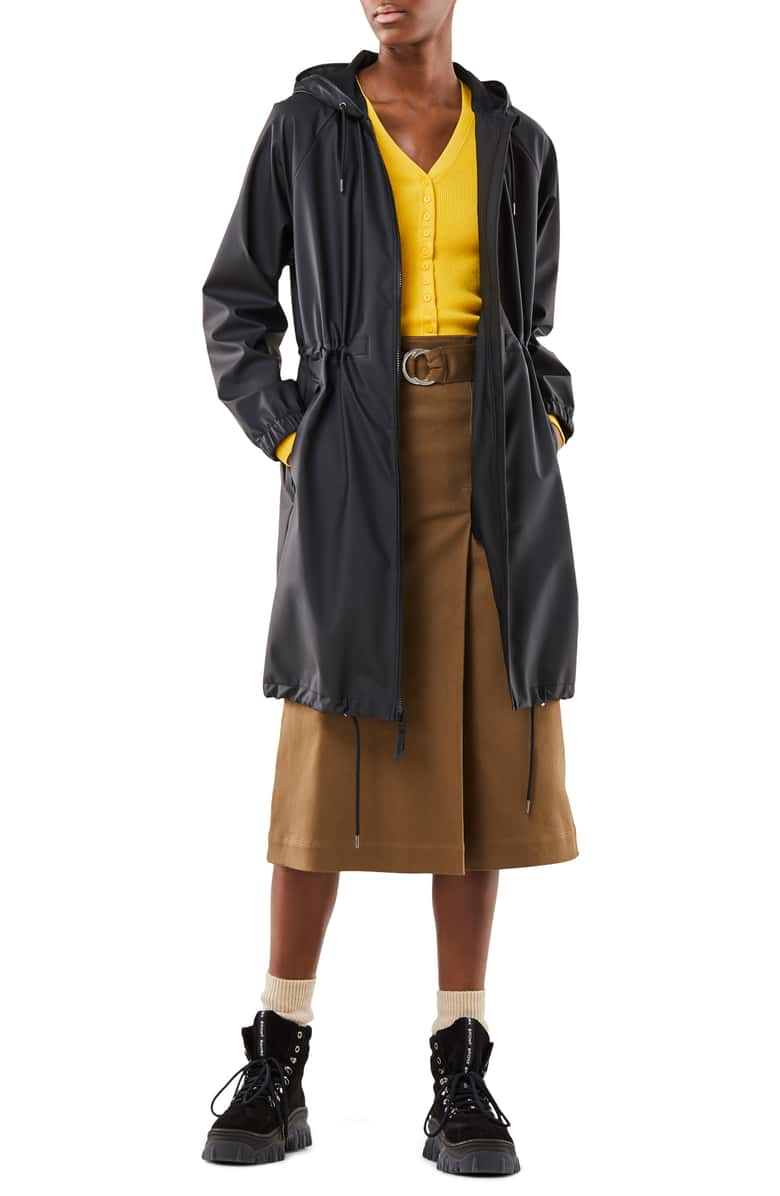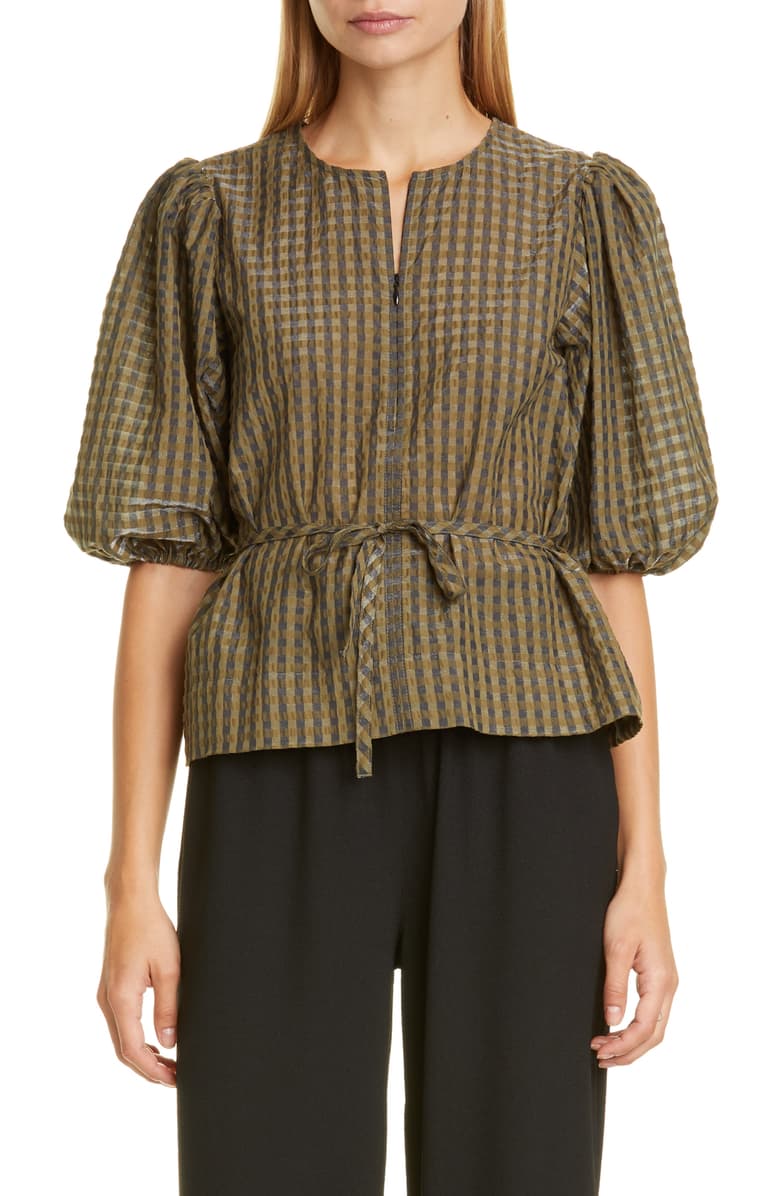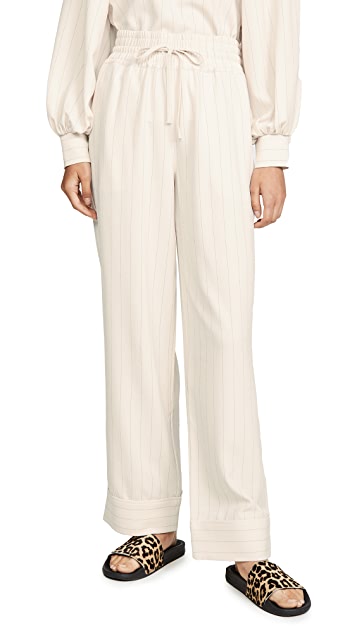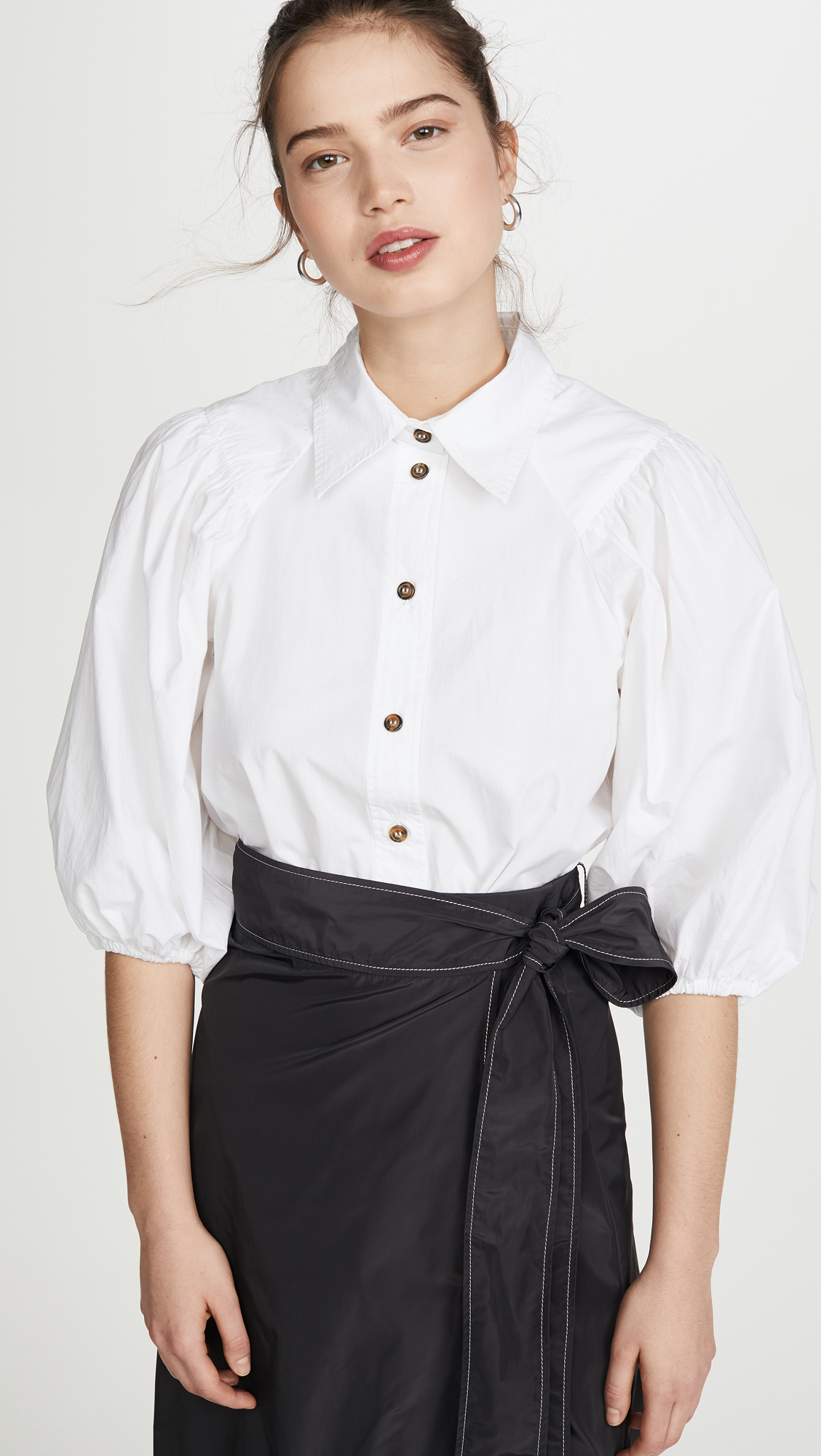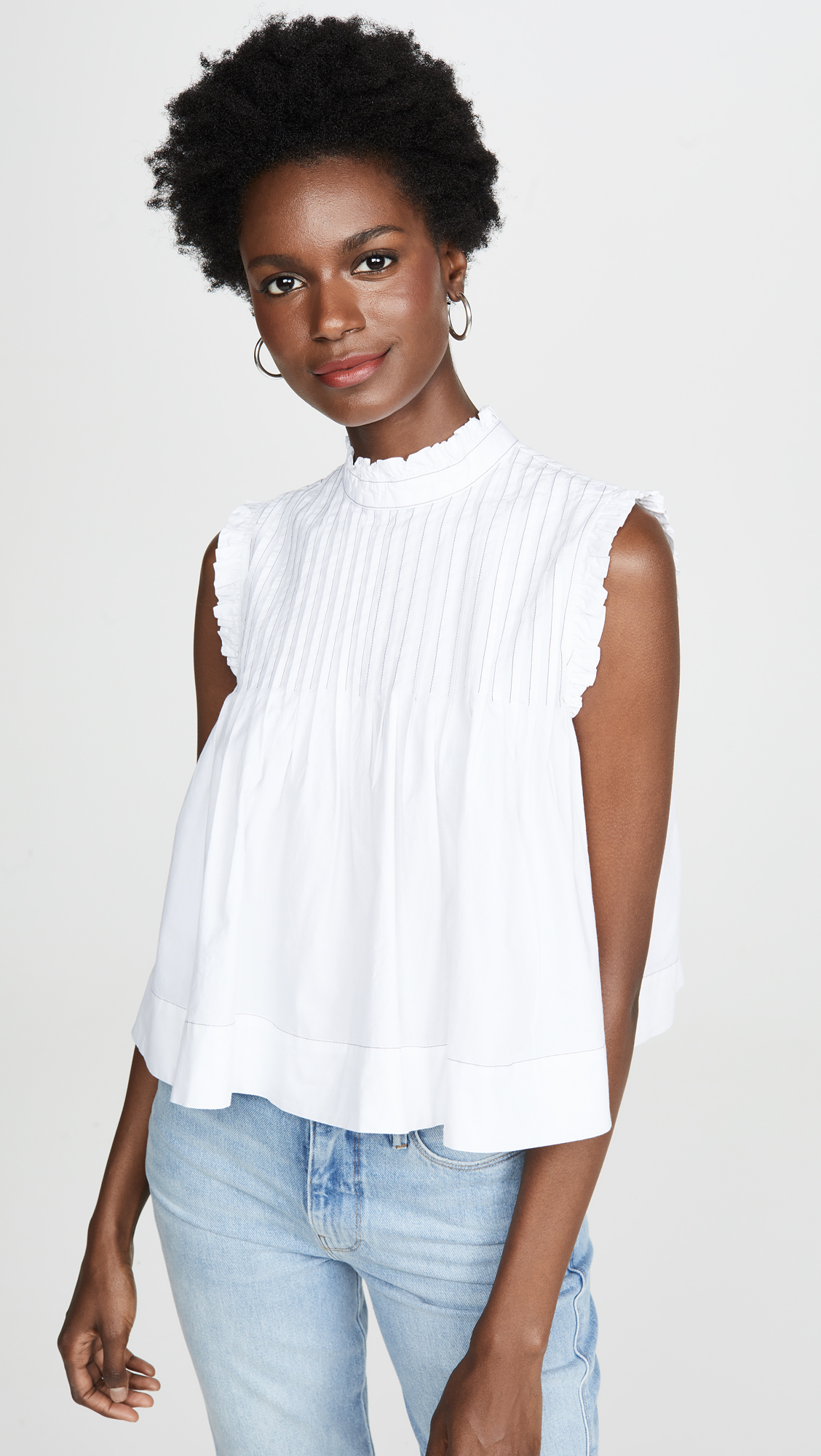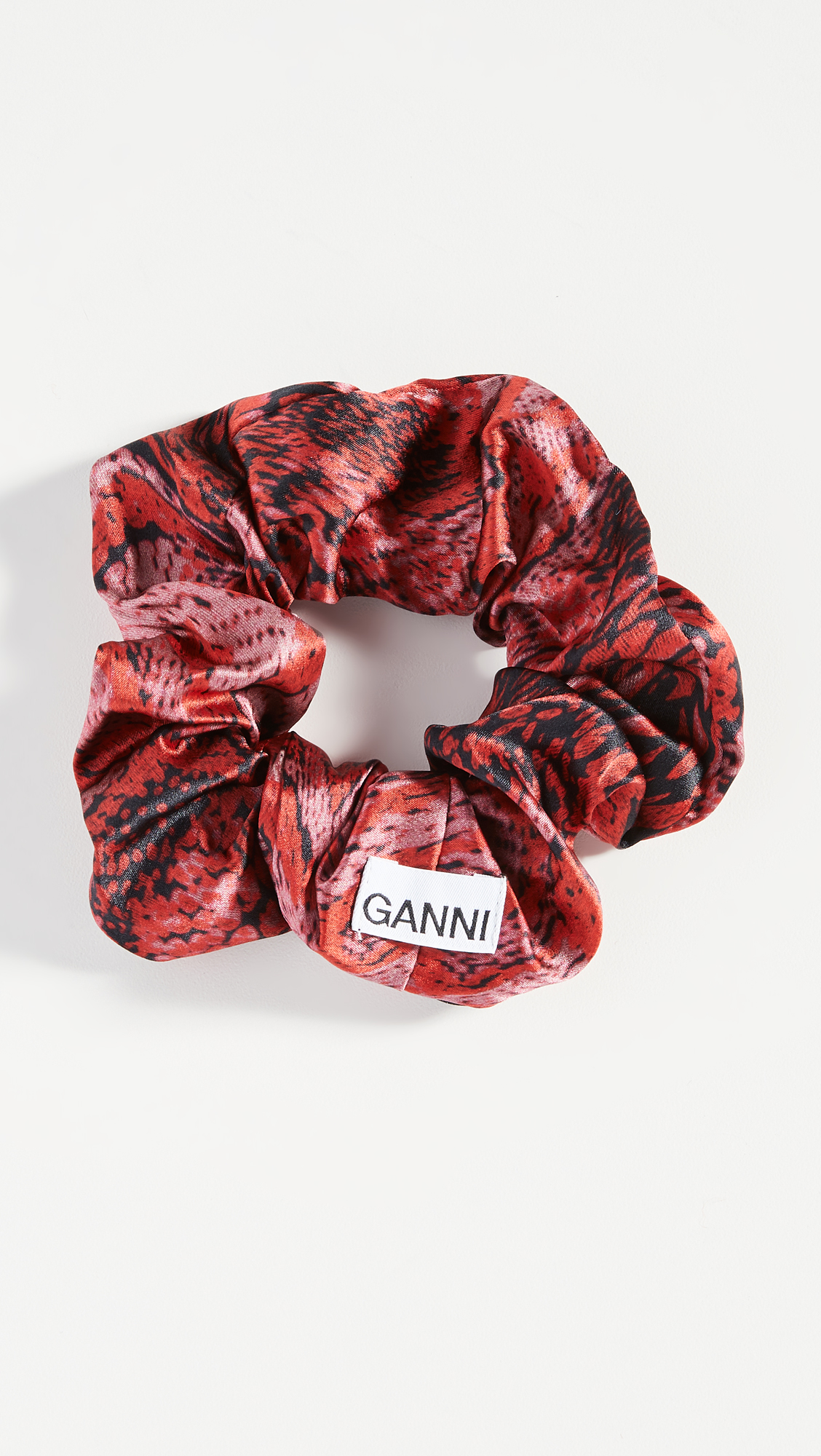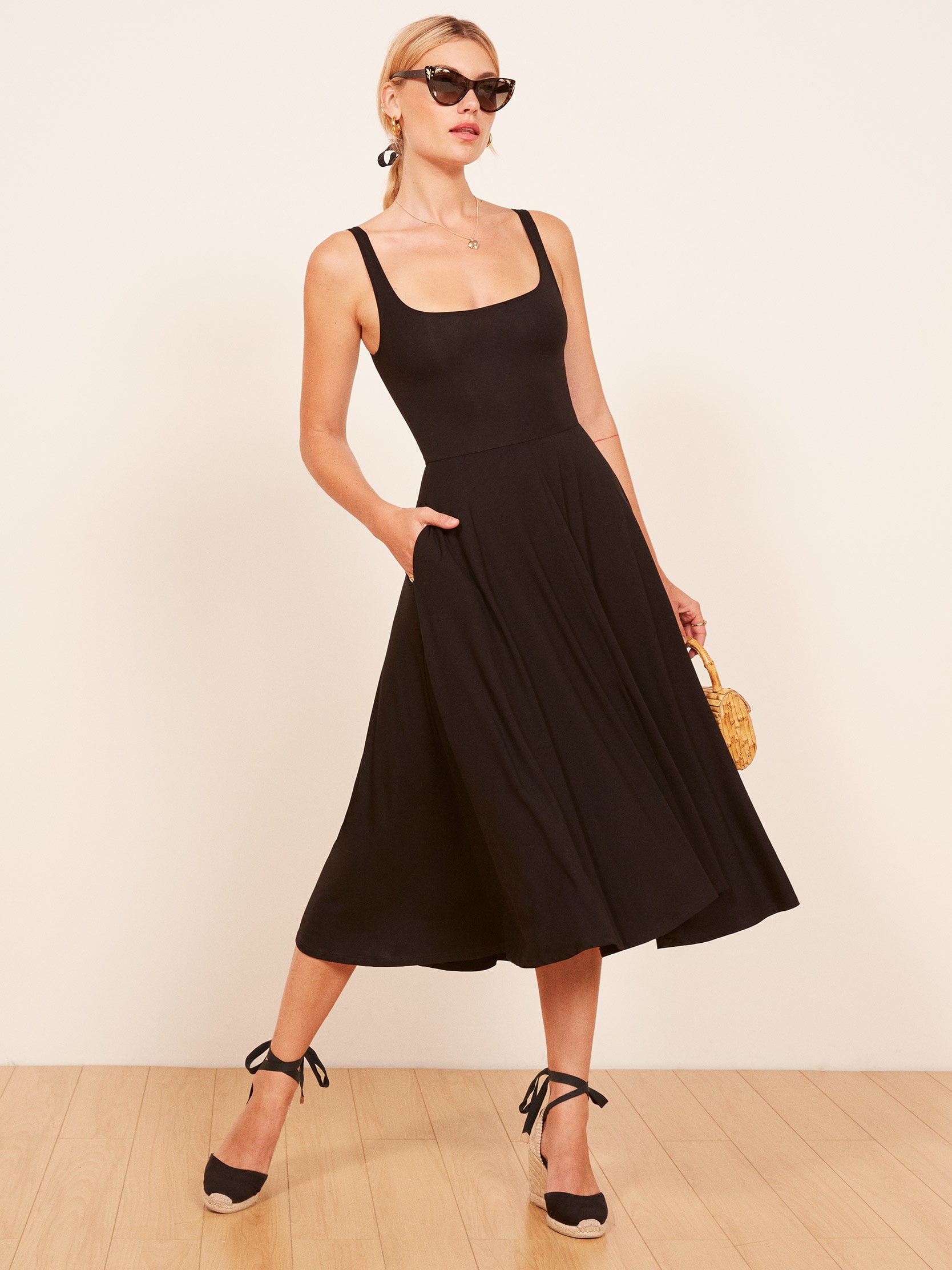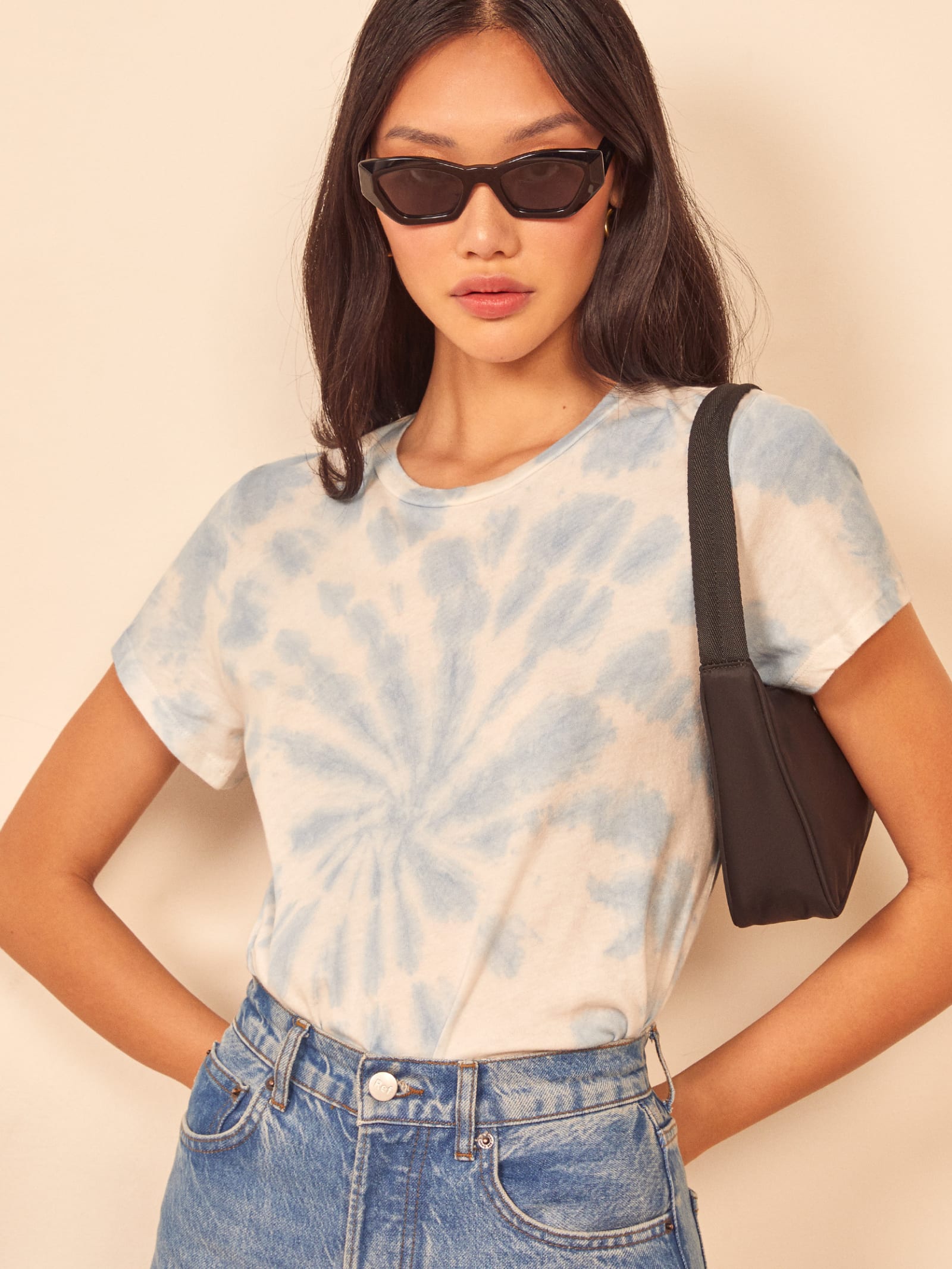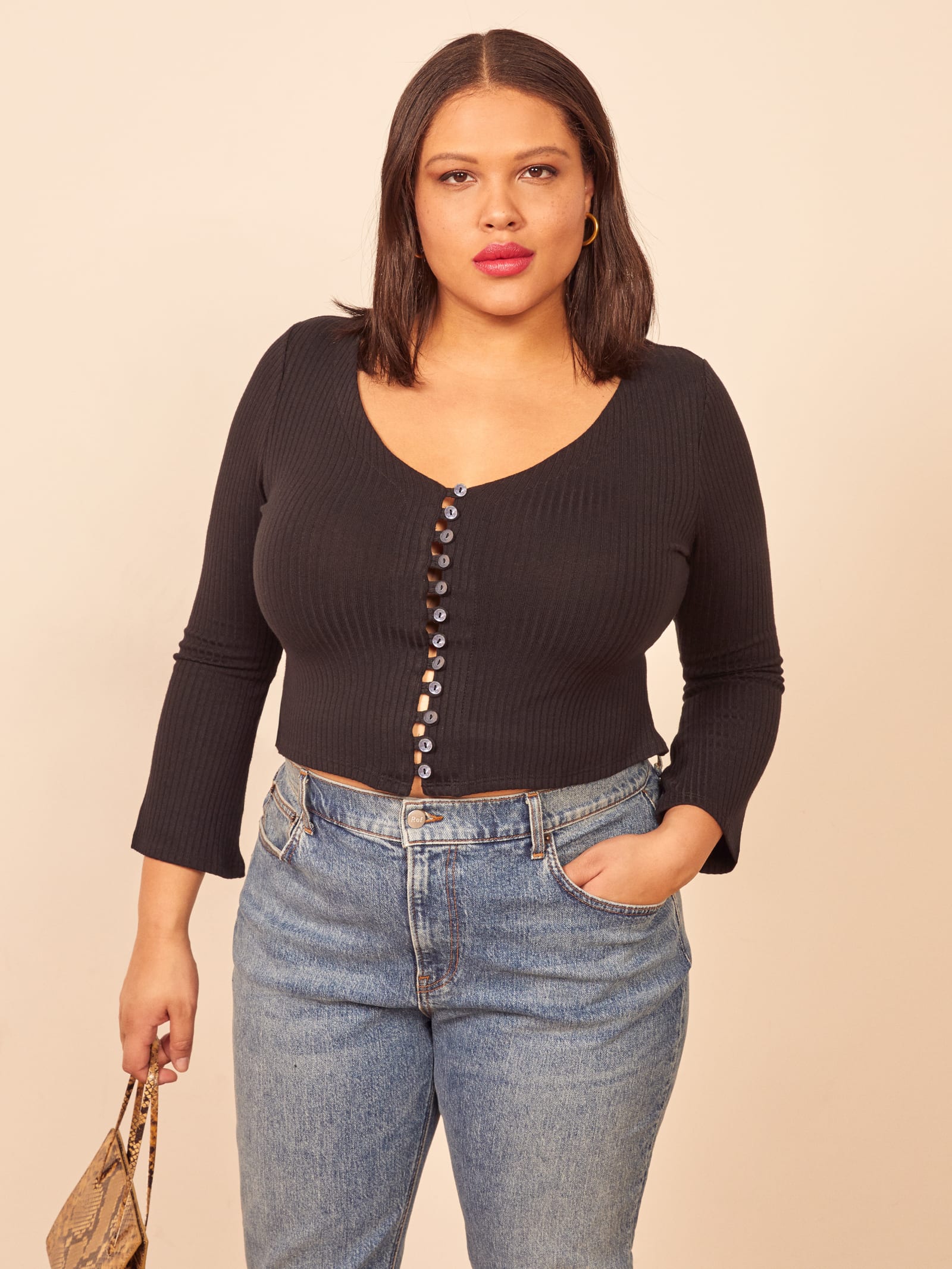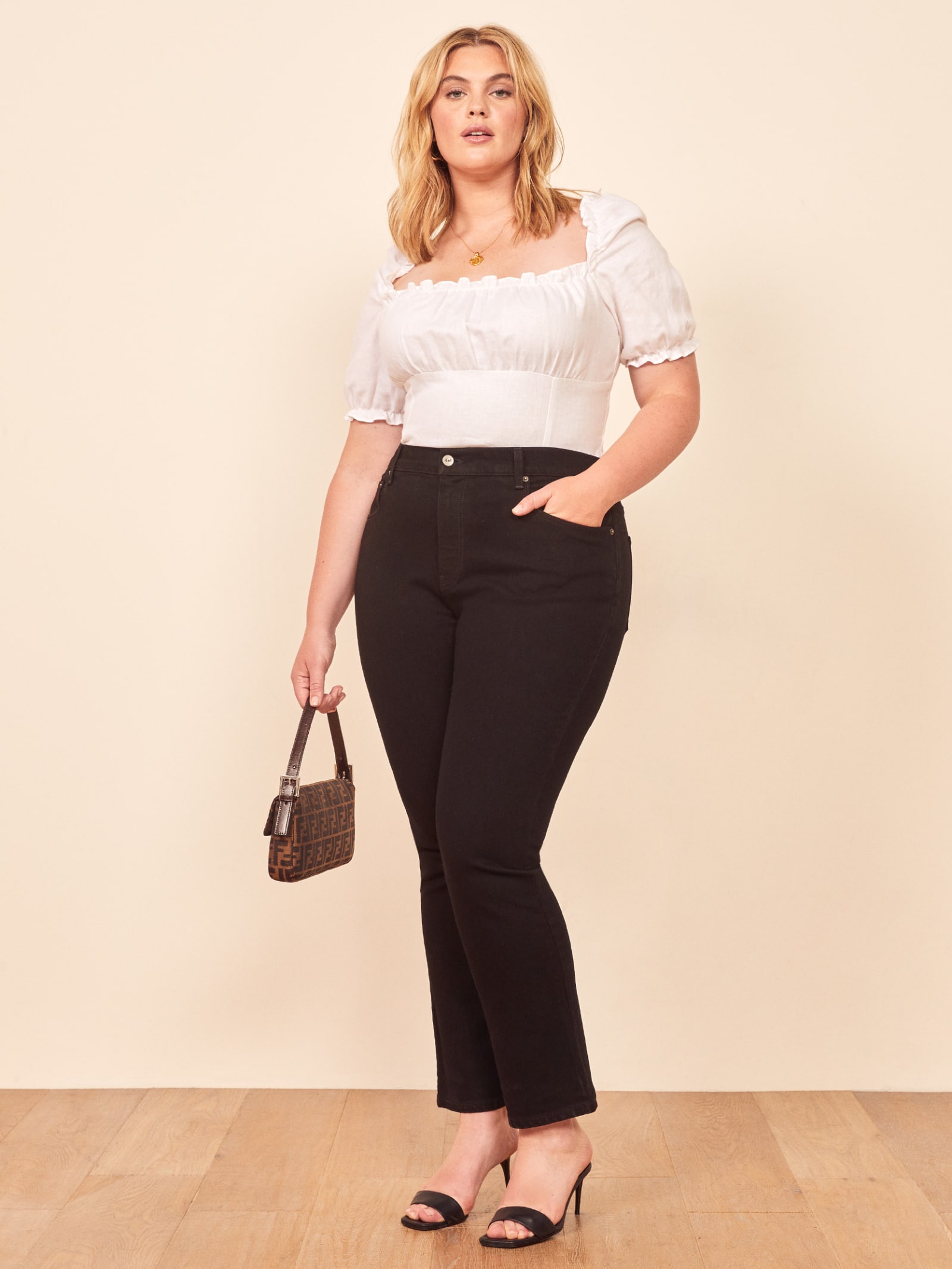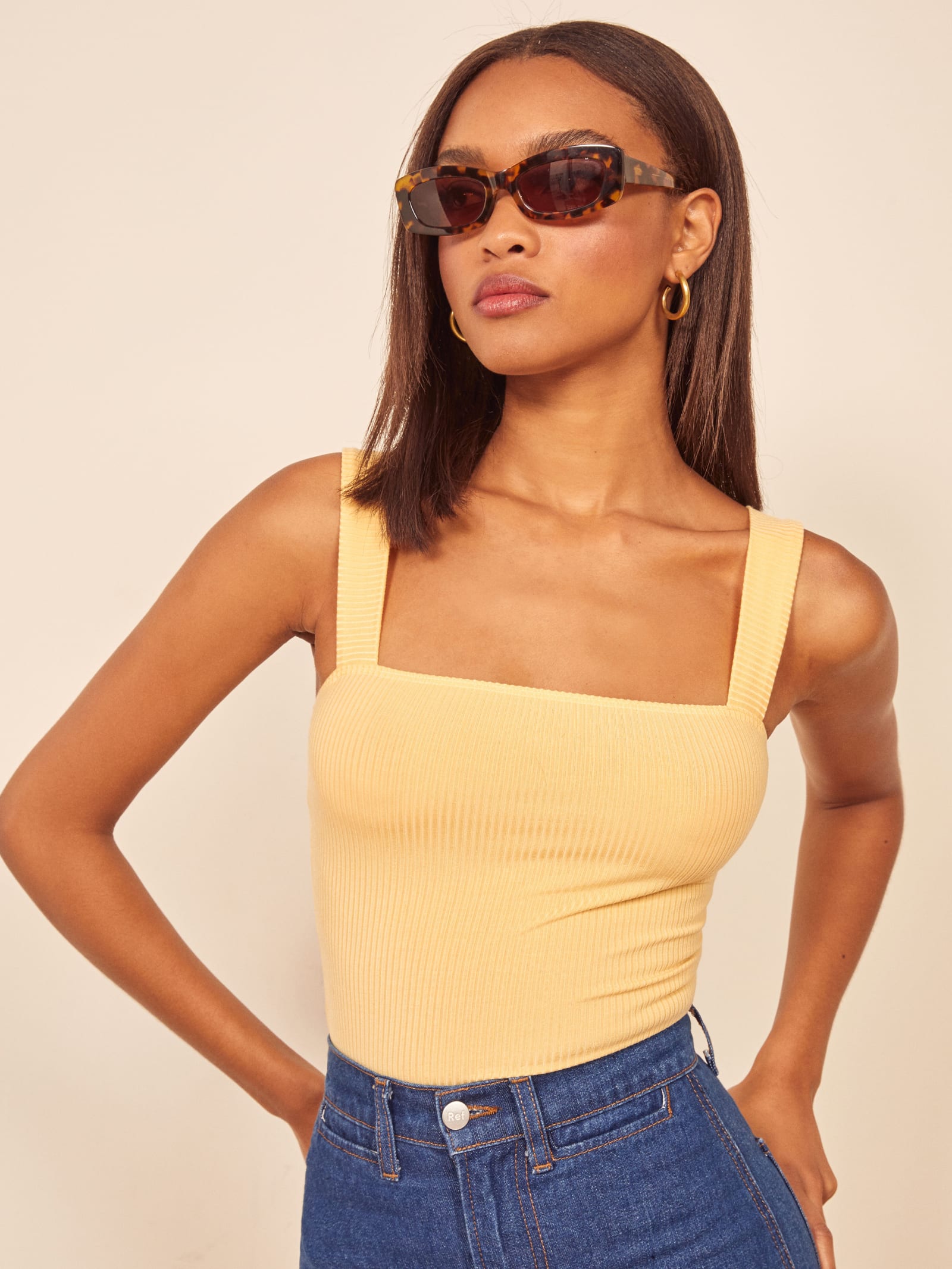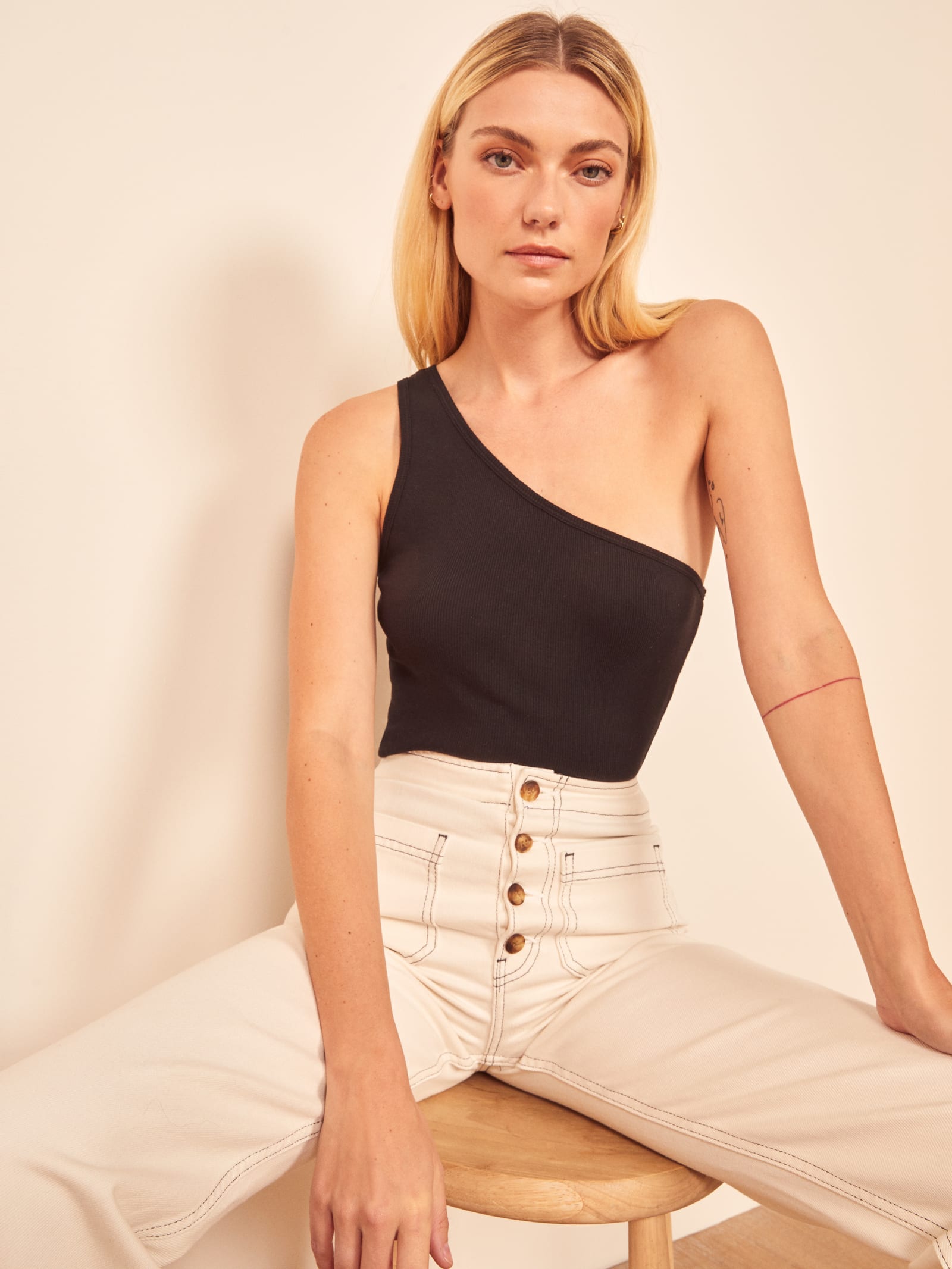6 Affordable Brands That Don't Suck at Being Green


It's no secret that fashion often fails on the sustainability front. Going the extra mile to source materials that are recycled, organic, biodegradable, or vegan can be cost-prohibitive for upstart brands—and this doesn't even scratch the surface in terms of the barriers brands are facing. While luxury labels like Stella McCartney have long been leaders in the sustainability space, more affordable brands are also doing their part with plenty of under-$150 options.
I happen to love Danish brand Ganni's stance on the subject. Fashion equals consumerism, and consumerism simply isn't in the best interest of our planet, and Ganni is transparent about this conundrum. "We don't identify as a sustainable brand. We recognize the inherent contradiction between the current fashion industry that thrives off newness and consumption, and the concept of sustainability," Ganni explains on its website. "So instead, we're focused on becoming the most responsible version of ourselves. Committed to making better choices every day across the business to minimize our social and environmental impact." Given that two major sustainability-focused organizations, Copenhagen Fashion Week and Global Fashion Agenda, are also based in Denmark, it's hard to deny the Scandi influence on sustainability.
Without further ado, scroll down to see and shop six affordable brands that don't suck at being green.
Patagonia
On its website, Patagonia explains that 72% of its materials are made from recycled fibers, which significantly lowers CO2e emissions. Plus, all of the brand's cotton is made organically, "which saves water and reduces CO2 emissions by 45% compared to conventional cotton," per Patagonia. Additionally, its Worn Wear program is designed to help curb overconsumption and waste.
H&M Conscious
H&M's Conscious Exclusive collections have used pineapple leaves, grapes, hemp, shoreline waste, and recycled glass, among other materials. The line is "made from at least 50% sustainably sourced materials—such as organic cotton and recycled polyester—but many Conscious products contain a lot more than that," per H&M. On its website, the retailer says it aims for all of its products—not just its Conscious line—to be made from recycled or other sustainably sourced materials by 2030.
& Other Stories
When shopping on & Other Stories' website, be sure to watch out for the term "sustainably sourced material" or "organic cotton" in all caps beneath the product name. The brand's website explains one of the many ways it is tackling the industry's waste problem: "In 2018, we collected 20,649 tonnes of textiles for reuse and recycling through our garment collecting initiative." Additionally, & Other Stories has committed to becoming climate positive across its entire value chain by 2040 at the latest. Read more about its initiatives here.
Rains
Even though it's been around since 2012, Danish brand Rains just showed at Copenhagen Fashion Week for the first time this January. Rains has banned natural down and feathers and has instead invested in scientist-developed, high-tech featherless material for use in puffer jackets. Rains is also committed to using recycled and recyclable materials. For instance, "the environmental benefit of polyester is that the synthetic material is completely recyclable, and by 2021, our goal is to minimize our use of virgin polyester," Rains explains on its website. "To do this, we introduce a recycled polyester microfiber made of plastic bottles from a closed-loop system." Learn more about the brand's sustainability pledges here.
Ganni
"The last year has seen us introduce over 30 responsible initiatives, including a take-back scheme and rental platform, and introducing more certified, organic, and recycled fabrics into our collections," Ganni explains on its website. Refreshingly, Ganni is also extremely transparent about all the ways it needs to do better in the sustainability arena and has even dedicated a section of its website to detail its next steps. Read more about Ganni's various responsibility programs here.
Reformation
Reformation has an 11-page report on its sustainability initiatives, but allow me to summarize for you. By 2023, 100% of Reformation's clothing fabric will be from plant-based or recycled fibers. It is committed to investing in new fiber innovation and using vegan leather and organic cotton. Learn more about Reformation's comprehensive sustainability plan here.
Next, Rosie Huntington-Whiteley wore the old-school sneakers that are back again.

Erin got her start as a Who What Wear intern in 2011—back when the site only published a single story per day. (We have since increased that number twentyfold.) She graduated magna cum laude from USC and lives in Los Angeles. In college, she also interned at Refinery29, where she was promoted to editorial assistant and then assistant editor. After nearly three years at R29, she came back to WWW in 2015, where she is now the Associate Director of Fashion News. From the Oscars to the Met Gala, she leads the site's entire red carpet coverage strategy. She specializes in celebrity and fashion news but also enjoys writing travel features and runway reports. She frequently contributes to WWW's social accounts and has a sizable following on her personal TikTok.
